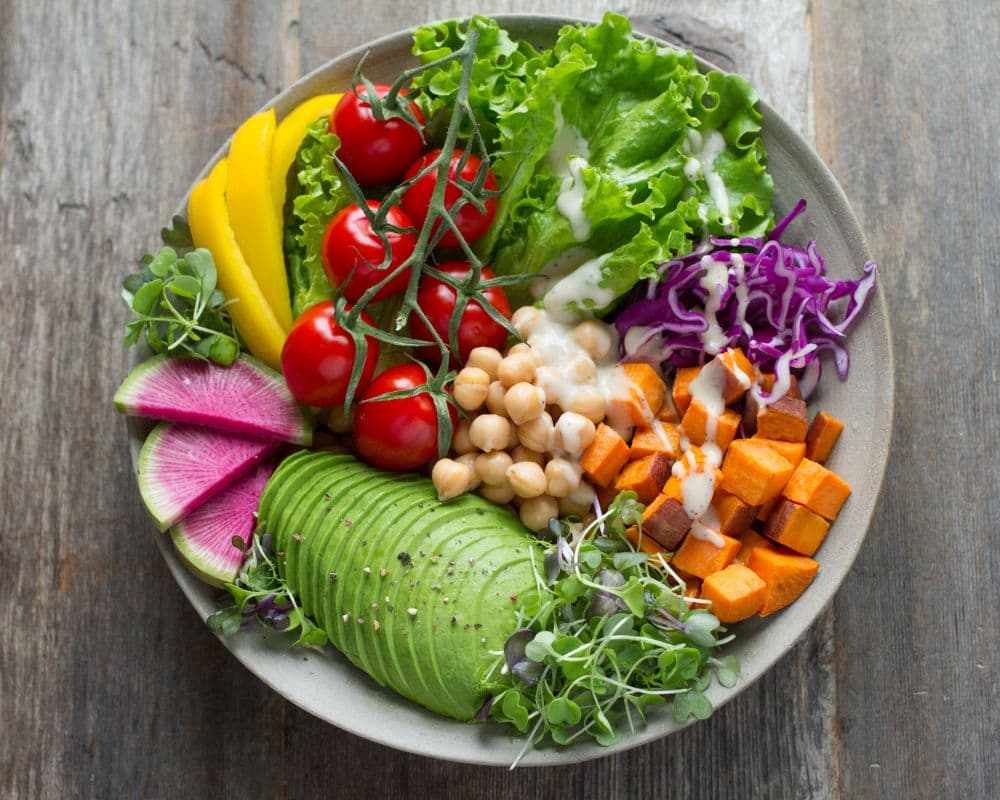The vegan diet, which excludes all animal products, has become increasingly popular over the past few decades, not only for its ethical and environmental benefits but also for its health benefits.
One of the significant advantages often associated with a vegan diet is weight loss.
By focusing on plant-based foods, which are generally lower in calories and higher in nutrients and fibre, people can effectively manage their weight while also enjoying a range of health benefits.
P.S. Ready to lose up to 26% of your body weight?
See if you’re eligible for our weight loss programmes.
